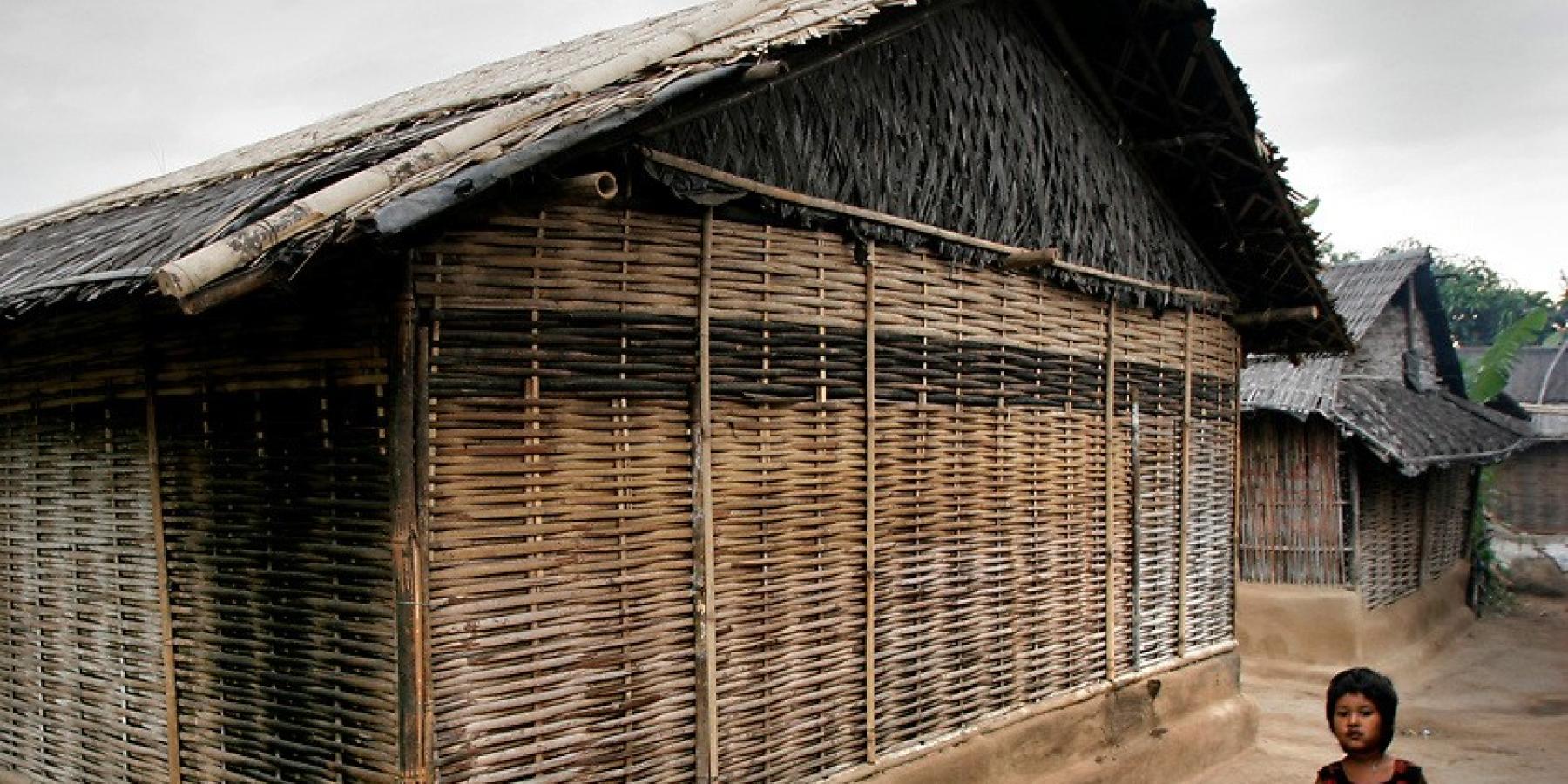
Approximately sixty percent of the world's refugee population lives in urban cities and towns across the globe, a number expected to grow under increased climate change. In the United States, many refugees receive welfare support and participate in resettlement programs to rebuild their lives in America. Nevertheless, they also often find themselves embroiled in the systemic inequality that defines urban areas through legacies of racial segregation and structural xenophobia. This research aimed to understand refugees' experiences of navigating urban tensions and their unique socioeconomic opportunities and challenges. It specifically examined the resettlement process in Syracuse, NY, through in-depth interviews with four Bhutanese-Nepalese refugees. The results indicated that each participant's resettlement experience varied. However, a common theme was the significance of initial community support, social support, and government services available to refugees after resettlement for helping them adjust and achieve their goals. Unfortunately, after two to three years of resettlement, participants' families stopped receiving government services. This study points to a need for additional research to support rising numbers of refugees. Findings suggest the importance of government planning to support refugees in the future by ensuring their ability to adjust in urban settings and achieve financial independence and personal success.

